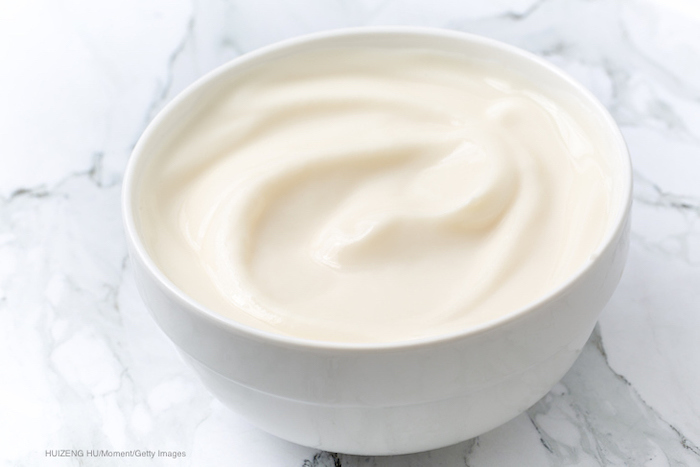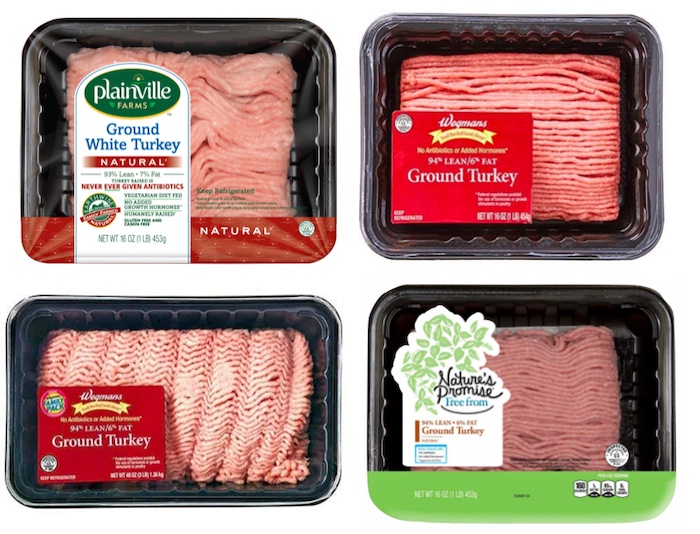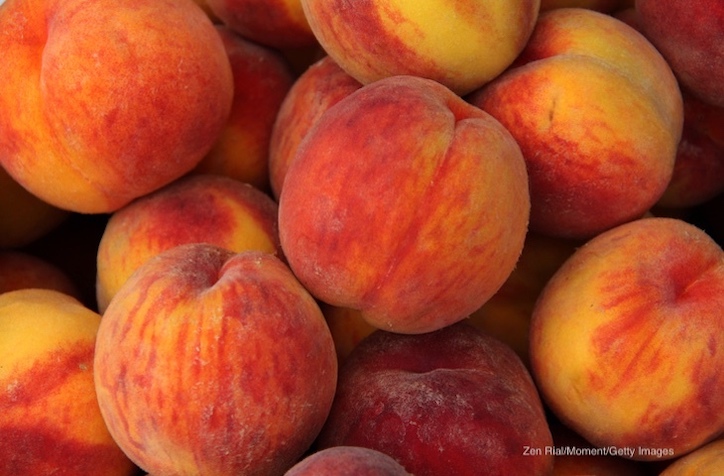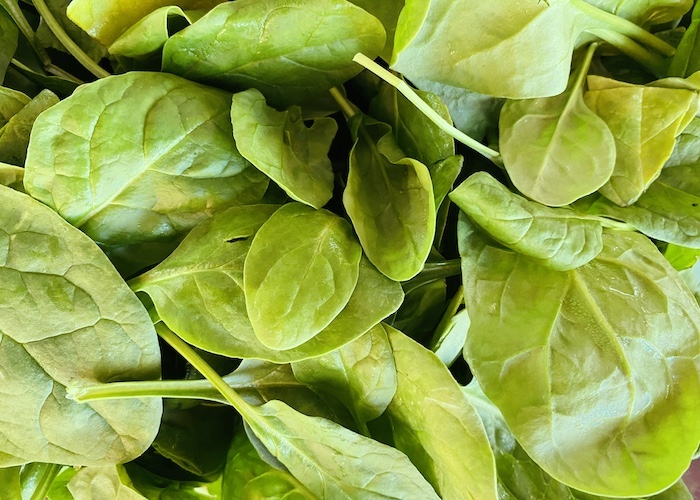When shoppers at PCC Community Markets in the Seattle area put the co-op’s organic, grass-fed yogurt in their baskets, they likely believed they were making a healthy choice. What they never could have imagined is that days after eating the product, they would fall seriously ill or feel the terror of watching their child do so. Yet, that is what is happening in Washington right now.
PCC organic, grass-fed yogurt has been linked to an E. coli outbreak that includes 11 confirmed cases in Washington and a secondary case in Arizona. Six of the patients are children under the age of 10. Seven people have been hospitalized, three of them with hemolytic uremic syndrome (HUS), a form of kidney failure associated with E. coli infections that most often affects young children. Treatment for HUS includes dialysis, tansfusions and kindey transplant.
The yogurt linked to the outbreak was produced for PCC Community Market stores by Pure Eire Dairy of Othello, WA. Yogurt sold under the PCC and Pure Eire brand names are now under recall for E. coli O157:H7 risk.
Contact the Pritzker Hageman E. coli Lawyers Today
Phone: 888-377-8900 | Text: 612-261-0856
Contact our E. coli Food Safety Lawyers Online
When PCC and Pure Eire teamed up six years ago, PCC wrote a blog post about it on their website. Pure Eire was certified organic, Non-GMO Project Verified, and the first dairy farm in North America to be Certified Animal Welfare Approved (AWA) and Certified Grassfed by A Greener World (AGW), the author wrote. “If farmers were Hollywood stars, this is like winning an Oscar and an Emmy — an exceptional achievement.”
Now, six years on, a sad revelation. The “trophies” are meaningless because there’s a gap on the shelf where the Grammy for food safety should have been. And the PCC yogurt E. coli outbreak is just the latest example of when healthy foods become natural disasters.
Outbreaks Linked to Organic Foods
When consumers buy organic foods they believe they are buying foods that are healthier than conventionally produced foods, according to a Pew Research study. And in terms of selecting foods that have higher levels of nutrients and lower levels of chemicals, they’re correct. But if organic farmers, or the companies that prepare and distribute their products, don’t have good food safety practices, the foods they produce can become contaminated with dangerous bacteria, just as conventionally produced food would be.
Here’s a look at some recent outbreaks linked to organic food that was grass-fed, cage-free, hormone-free, antibiotic-free, humanely raised, or all of the above.
Organic, Natural, (Humanely Raised, Antibiotic-free, Steroid-free, Vegetarian-fed) Poultry, Salmonella
Earlier this year, a Salmonella Hadar outbreak was linked to organic, natural ground turkey made by Plainville Brands of New Oxford, PA. The ground turkey was sold under the brand named Plainville Farms, Wegmans, and Nature’s Promise, the store brand for Food Lion, Giant Food, Giant/Martin’s, Hannaford and Stop & Shop.
Plainville Farms makes products from turkeys that were humanely raised, antibiotic-free, steroid-free, and vegetarian-fed, according to its website. These products include fresh meats, pre-cooked meat, deli meats, and bacon. Their product labels bear the “Earthwise Seal,” the company’s trademarked designation of products that represent the “highest standard in certified organic and natural poultry.”
Despite these standards, something went wrong somewhere. And Salmonella, bacteria that live inside chicken intestines and are excreted in their poop, ended up in the ground turkey.
The 14-state outbreak sickened 33 people, four people were hospitalized. The patients, who ranged in age from less than 1 to 92 years old, reported onset of illness on dates ranging from December 28, 2020, to April 22, 2021. The number of cases reported from each state was: Arizona (1), Connecticut (2), Indiana (1), Maine (1), Maryland (1), Massachusetts (7), Missouri (2), New Hampshire (1), New Jersey (3), New York (4), North Carolina (3), Pennsylvania (4), Vermont (1), and Virginia (2).
Related
Organic, Grass-Fed, Hormone-Free, Antibiotic-Free Ground Beef, E.coli Recall

Organic Peaches, Salmonella
Last summer, organic and conventional peaches were the source of a Salmonella outbreak that sickened 101 people in 17 states. Twenty-eight people were hospitalized. An outbreak in Canada linked to the same peaches sickened 57 people.
In the U.S., the people sickened, who ranged in age from 1 to 92 years old, reported onset of illnesses on dates ranging from June 29, 2020 to August 27, 2020. The number of illnesses reported from each state was: California (1), Connecticut (1), Illinois (1), Iowa (11), Kansas (1), Kentucky (1), Maryland (1), Michigan (18), Minnesota (27), Missouri (2), New Jersey (8), New York (14), Ohio (1), Pennsylvania (4), Vermont (1) Virginia (3), and Wisconsin (6).
On August 21, 2020, Wawona Packing Company LLC issued a recall for conventional and organic peaches that were sold in bags and bulk bins at grocery stores including Costco, Target, Sam’s Club, Walmart, Wegmans, Hannaford, Food Lion, Stop&Shop, Price Chopper, Russ Davis Wholesale, Kroger, Jay-C, King Soopers, City Market, Fry’s, Ralphs, Food 4 Less, Foods Co., and Smiths stores. These peaches were sold under a variety of brand names including Wawona, Wawona Organic, Prima, Organic Marketside, Kroger and Wegmans.
Organic, Cage-free, Hard-boiled Eggs, Listeria
A Listeria outbreak linked to Almark hard-boiled eggs ended in March 2020 after sickening eight people in five states. One person died. Conventional, organic, and free-range eggs were part of a massive recall that included all eggs produced at Almark’s facility in Gainesville, GA.
Ten months before the outbreak was announced, inspectors from the U.S. Food and Drug Administration (FDA) found Listeria in two of the samples they gathered from the plant. Genetic testing on the swabs collected showed the same strain was linked to two illnesses, the FDA wrote in a warning letter to the company dated July, 22, 2019.
Unlike other bacteria, Listeria thrives in cool damp environments. About 90 percent of people with Listeria infections require hospitalization and 20 percent die. Among pregnant women, Listeria can cause miscarriage and stillbirth.
The people sickened in the outbreak ranged in age from less than 1 year to 82 years old. One of the patients was a newborn baby who was infected with Listeria while the mother was pregnant. The number of cases reported from each state was: Florida (1), Maine (2), Pennsylvania (1), South Carolina (2), and Texas (2). The fatality occurred in Texas.
Organic Leafy Greens, E. coli
Leafy greens are second only to ground beef in terms of the top sources of E. coli outbreaks. Since 2017, 10 romaine or leafy greens E. coli outbreaks have been linked to either the same E. coli strain, the same romaine lettuce grower, or both. The leafy greens in these outbreaks were all conventionally grown. But outbreaks linked to organic greens happen, too.
In 2012, an E. coli O157:H7 outbreak was linked to Wegmans Food You Feel Good About Organic Spinach & Spring Mix. The product was produced for Wegmans by State Garden of Chelsea, Massachusetts, and sold in 5-oz and 11-oz plastic, clamshell containers at Wegmans stores.
Many E. coli exist in nature and are harmless. But E. coli O157:H7 bacteria, which live almost exclusively in the cattle intestines, cause severe illness because they produce a substance that is poison to humans called a Shiga toxin.
Leafy greens can become contaminated with E. coli O157:H7 if they are grown in fields that neighbor cattle grazing land or feedlots. Sometimes manure can contaminate irrigation water.
The New York Department of Health collected leftover packages of the product from the homes of four outbreak patients. After testing on these products was positive for the outbreak strain of E. coli O157:H7, Wegmans issued a recall on November 2, 2012. State Garden issued a consumer advisory on October 12 and 13, 2012.
The five-state outbreak sickened 33 people ranging in age from 4 to 66 years old, 13 people were hospitalized. The number of cases reported from each state was: Connecticut (2), Massachusetts (3), New York (26), Pennsylvania (1), and Virginia (1).
Experienced Food Safety Lawyers
Pritzker Hageman food safety lawyers represent people nationwide who have been sickened by contaminated food. Our clients have included those who battled HUS and families who have suffered the wrongful death of a loved one. If you were sickened in this outbreak and would like a free consultation with an experienced food safety lawyer, please contact the Pritzker Hageman Legal Team. You can reach us by calling 1-888-377-8900, sending a text to 612-261-0856, or by completing the form below. There is no obligation and you don’t pay us unless we win.




